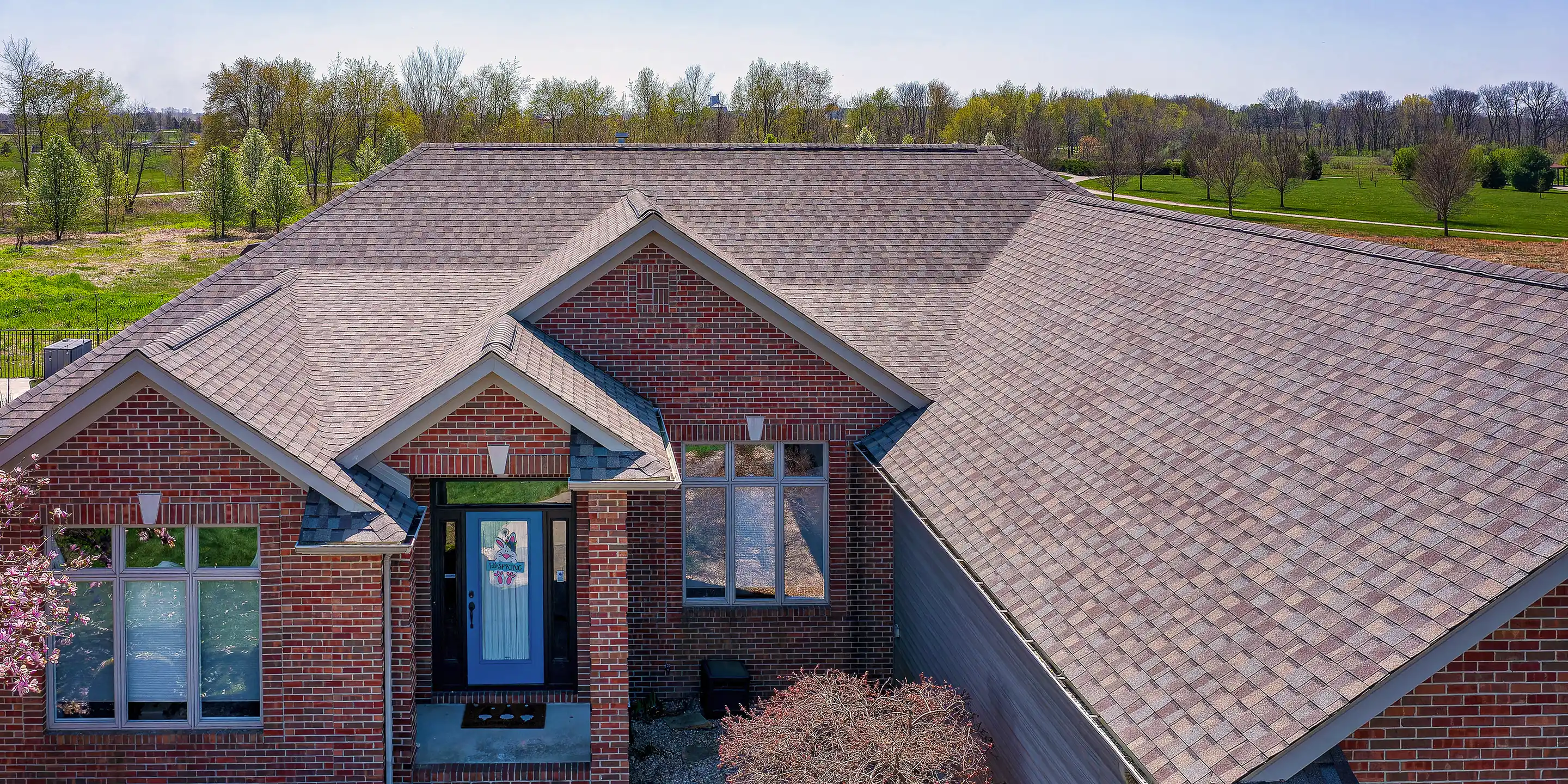
Your roof is your home's first line of defense against storms, making it crucial to select the right roofing material that can withstand severe weather conditions. With various options available, choosing a roofing material with enhanced storm resistance is essential to protect your home and ensure its longevity. In this article, we will explore key factors to consider when selecting the right roofing material for enhanced storm resistance.
- Impact Resistance: One of the primary considerations for storm-resistant roofing is its ability to withstand impact from hail, debris, or falling tree branches. Look for roofing materials with a high impact resistance rating, such as impact-resistant asphalt shingles, metal roofing, or synthetic options like polymer-based tiles. These materials are designed to absorb and disperse the impact, minimizing the risk of damage.
- Wind Resistance: Strong winds during storms can uplift or tear off roofing materials. Choose roofing materials that are specifically designed to resist high wind speeds. Metal roofing, concrete tiles, or synthetic slate are known for their superior wind resistance. Ensure proper installation with secure fastening methods to further enhance wind resistance.
- Water and Moisture Resistance: Water infiltration can lead to extensive damage and compromise the structural integrity of your home. Select roofing materials with excellent water resistance to prevent leaks and moisture-related issues. Asphalt shingles with a waterproof membrane, metal roofing with sealed seams, or concrete tiles with adequate overlapping are good options for water and moisture resistance.
- Fire Resistance: In areas prone to wildfires or lightning strikes, consider roofing materials with high fire resistance. Class A rated materials, such as metal roofing, concrete tiles, or fire-resistant asphalt shingles, offer better protection against fire hazards. Fire-resistant materials can help safeguard your home during storms that may cause electrical fires or ignite nearby vegetation.
- Durability and Longevity: Opt for roofing materials known for their durability and longevity. Storm-resistant materials should be able to withstand the elements over an extended period without deteriorating. Metal roofing, concrete tiles, or synthetic materials like composite shingles offer excellent durability and can last significantly longer than traditional asphalt shingles.
- Proper Installation and Maintenance: Even the most storm-resistant roofing material requires proper installation and regular maintenance for optimal performance. Ensure your chosen roofing material is installed by experienced professionals following manufacturer guidelines. Regular inspections, gutter cleaning, and timely repairs will help maintain the integrity of your roof and enhance storm resistance.
- Local Building Codes and Climate Considerations: Consider local building codes and climate conditions when selecting a roofing material. Some areas have specific requirements for storm resistance, and certain roofing materials may be better suited for particular climates. Consult with local contractors or roofing experts to understand the best options for your region.
Choosing the right roofing material for enhanced storm resistance is essential for protecting your home and ensuring its longevity. Consider factors such as impact resistance, wind resistance, water and moisture resistance, fire resistance, durability, proper installation, and maintenance requirements. By selecting a storm-resistant roofing material and ensuring proper installation, you can have peace of mind knowing your home is well-prepared to weather any storm that comes its way. Consult with roofing professionals for expert advice and make an informed decision to safeguard your home against severe weather conditions.
Related Posts
Essential Tree Services for Happy Valley Homeowners
Happy Valley, Oregon, is known for its beautiful landscapes, tree-lined streets,...
Read More
How to Choose the Best Church Chair for Your Sanctuary
Selecting the perfect chairs for church sanctuary is a decision that balances pr...
Read More
Top 5 Warning Signs of Hidden Storm Damage in Your Home
Storms can leave a lasting impact on your home, often causing hidden damage that...
Read More
The Role of Public Adjusters in Maximizing Your Storm Damage Claim
When your home suffers storm damage, navigating the insurance claim process can ...
Read More




